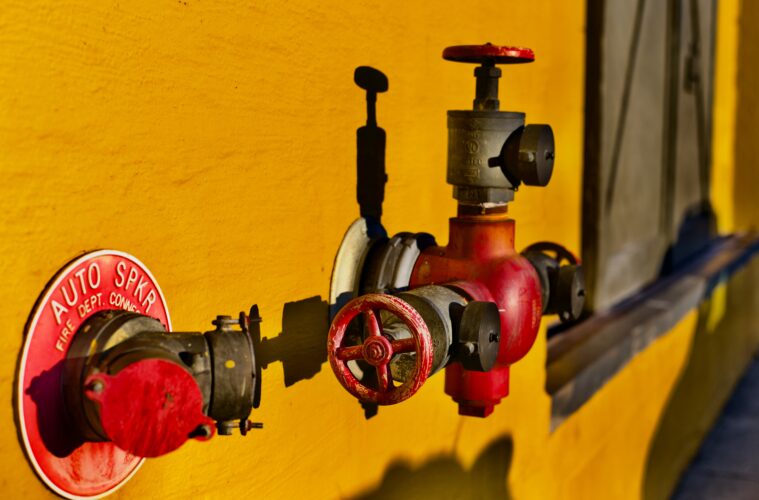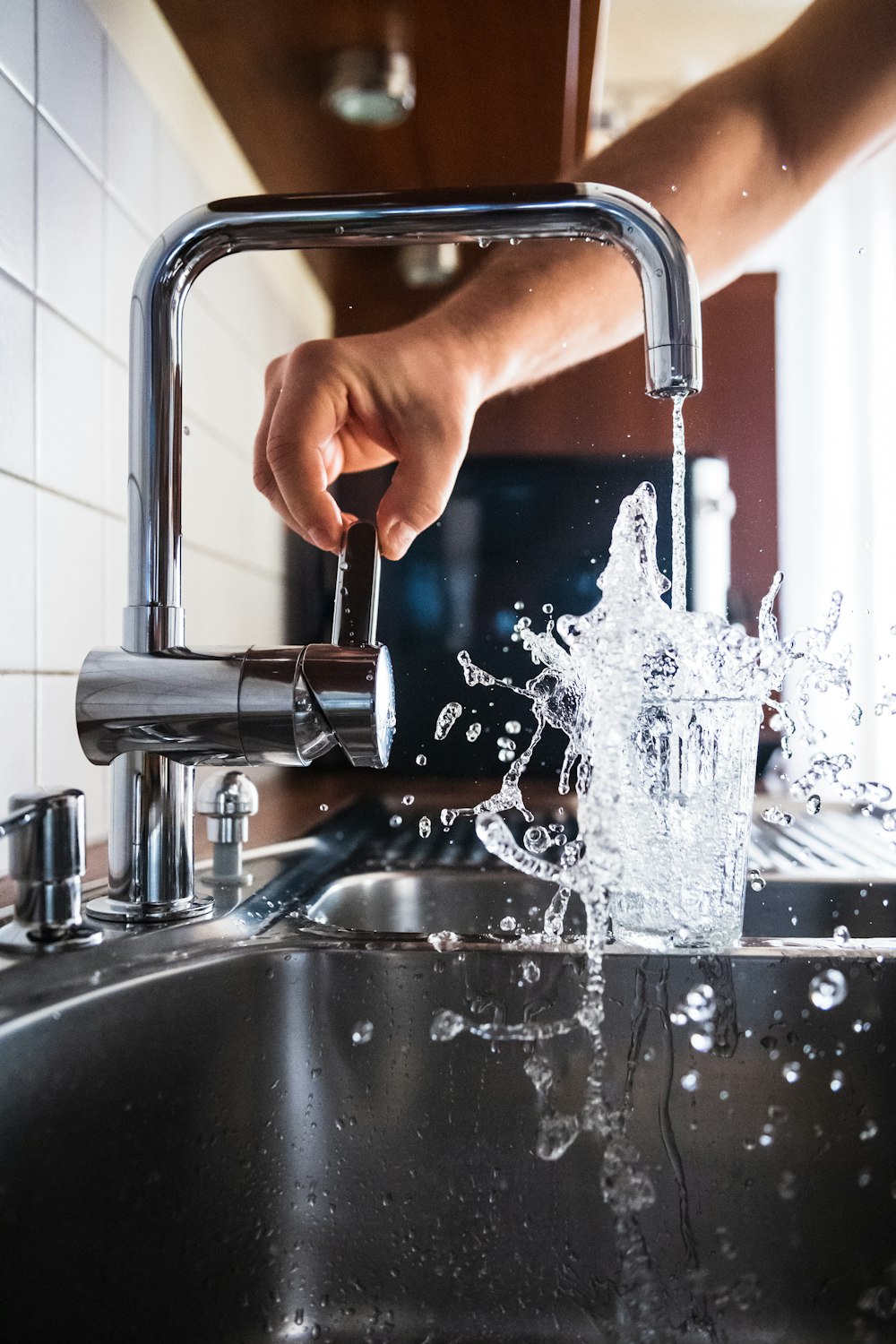Much of the plumbing in our homes is reasonably complicated. There are lots of elements involved, and if one element begins to fail, this can often lead to a lot of issues within the home, be it faulty plumbing systems or foul smells. One of the most common issues with plumbing is that it smells like rotten eggs which is not a good start for someone trying to sell their home.
What causes plumbing to smell like rotten eggs?
The source of the sewer smell is a natural gas called hydrogen sulphide gas. It is commonly known as sewer gas, and the sulphur within the gas creates the rotten egg smell that many people suffer with in their homes. The sulphur smell is often the first sign of an issue within the plumbing system.
Information taken from Rider Drains Cleaning & Repairs indicates that hydrogen sulphide gas is not inherently harmful, however it can cause dizziness, nausea, and even skin and eye irritation if left alone too long. The smell is most commonly found in bathroom sinks and bathroom toilets, but occasionally may appear in the kitchen sink. The most common cause of a smelly kitchen sink tends to be a blocked drain, however, not hydrogen sulphide gas. If your kitchen sink smells, check the garbage disposal and try to unblock it. This can usually be done with a bit of baking soda and white vinegar down the sink drain.
There is a list of things that might cause a plumbing system to smell of rotten eggs, and they are:
1. Contaminated water
Often, the hydrogen sulphide rotten egg smell comes from the water itself. Water can be easily contaminated, especially if it is kept in a hot water tank. Contaminated water can be caused by a corroded magnesium anode rod within the hot water tank or hot water heater. The corrosion is caused by the anode rod reacting with the water around it. Alternatively, contaminated water might be caused by sulphur bacterial growth. Luckily, the contaminated water is not harmful.
2. Contaminated sink drain
The overflow drain on a sink is the small hole on the back of the sink bowl. It works as a secondary sink drain to prevent the sink from ever overflowing. However, it can get contaminated by an accumulation of bacteria at the end of the overflow drain, which can then release hydrogen sulphide gas, leading to a sulphur smell within your home. Controlling residential waste, such as regularly cleaning and disinfecting the overflow drain, helps mitigate bacterial buildup and prevent unpleasant odors from developing.
3. Outgassing
Outgassing is used to describe the release of unpleasant gases from plastic over time. This can include a range of gases, including sewer gas. It occurs when the sink is made from a plastic material, or if you have old drywall nearby.
4. Dry P Trap
All of the items in your home that use plumbing systems will have a P trap. This is a U-shaped bend of pipe that is usually full of water in order to trap the sewer gas and prevent your home from smelling like rotten eggs. However, sometimes the p trap dries out due to evaporation or a small leak, and that leaves the P trap dry and empty, allowing the foul smell to escape up from the sewer lines, making your sink smell.
5. Blocked vents
Most plumbing in your home will be connected to a series of vents that allow fresh air in and foul smells to escape. Sometimes, these vents get clogged or blocked. Blocked vents can cause a few issues when it comes to the house’s plumbing. For one, they can cause the toilets and sinks to drain slowly, even when chemical cleaner and boiling water or baking soda are used to clear the pipes. They can also redirect the foul sulphur smell towards the home, meaning that the hydrogen sulphide fills your kitchen or bathroom instead of being ushered away.
How to get rid of the rotten egg smell in your home
If you are wanting to get your property ready for sale, the first step in getting rid of the rotten egg smell is to identify where the smell is coming from. Is it coming from your kitchen sink? Your sink drain? Does it only appear when the hot tap is on? These are all important things to ask yourself. Often, the sulphur smell will only be coming from one sink. To identify where the smell is coming from, you can try filling a cup with water and taking it outside and smelling it, or you can determine where the smell is coming from by sniffing around the smelly room.
Once you have determined the source of the problem, there are a few things that you can do. It simply depends on what you’ve identified as the issue.
For contaminated water heaters or water tanks:
The best way to remove the smell of contaminated water is to decontaminate the water. To do so, you will need to hire a plumber to come and remove the corroded anode and replace one that has yet to undergo a corrosive chemical reaction. If you think your water has been contaminated by bacteria instead, chlorinating the water will help to reduce the smell and tackle the bacteria.
For contaminated overflows:
There are three ways to fix a contaminated overflow. You can either fill the sink with hot water and bleach, and let the water soak into the overflow until the sink is half empty, then drain with boiling water, or you can pour a bleach containing hydrochloric acid straight down the overflow. The final, more gentle option, is to pour baking soda and vinegar down the overflow.
The first two are stronger methods and are more likely to kill the bacteria, but the second method is great if you want to avoid using harsh chemicals.
For outgassing sinks or drywall:
Simply replace your sink or drywall to remove the rotten egg smell if you think it is being caused by outgassing.
For dry P traps:
To tackle a dry p trap, you can take the p trap apart and clean it with baking soda and vinegar, and then replace the trap and flush it with water. To do so, run your bath or shower, sink and flush an unused toilet all together to fill the trap once again.
For blocked vents:
To fix foul smells caused by blocked vents, all you have to do is locate the vents and unblock them. Give them a good clean and replace and you should find that the smell dissipates.
Published by HOLR Magazine.



